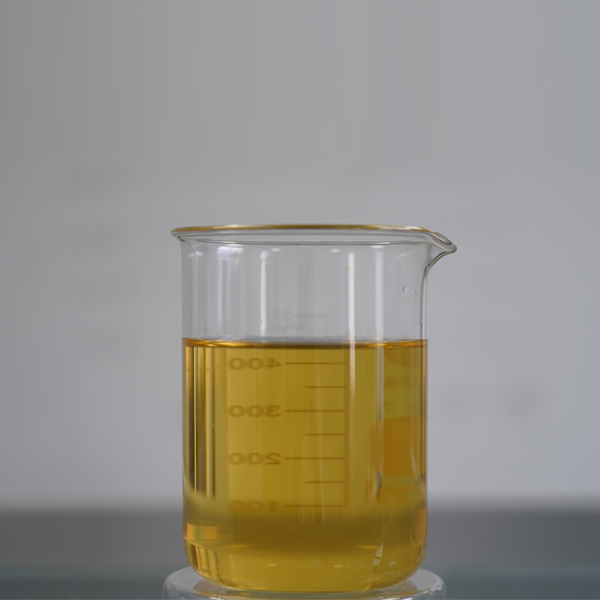
News
Oct . 30, 2024 23:45 Back to list
fulvic acid in agriculture
The Role of Fulvic Acid in Agriculture Enhancing Soil Health and Plant Growth
Fulvic acid, a naturally occurring organic acid found in soil, sediment, and aquatic environments, has garnered significant attention in the agricultural sector due to its numerous benefits for soil health and plant growth. This humble yet powerful compound is a key component of humic substances, which play a crucial role in maintaining soil fertility and enhancing agricultural productivity.
The Role of Fulvic Acid in Agriculture Enhancing Soil Health and Plant Growth
Furthermore, fulvic acid acts as a natural chelator, which means it can bind to essential nutrients and minerals in the soil, making them more accessible to plants. It aids in the absorption of macro-nutrients such as nitrogen, phosphorus, and potassium, as well as trace elements like iron, manganese, and zinc. This enhanced nutrient availability contributes to improved plant health and vitality, often resulting in higher crop yields and better quality produce.
fulvic acid in agriculture

The effects of fulvic acid extend beyond soil health; it also directly influences plant physiology. Research indicates that fulvic acid can enhance seed germination, root development, and overall growth rates. It promotes the synthesis of enzymes and hormones, which play vital roles in plant metabolism and responses to environmental stresses, such as drought or salinity. By improving the resilience of plants, fulvic acid contributes to a more sustainable agricultural practice.
Moreover, fulvic acid has been shown to mitigate the effects of soil salinity, a growing concern in many agricultural regions. It helps to displace sodium ions, which are harmful to plants, thereby promoting healthier growth in saline conditions. This property is particularly beneficial for farmers in arid and semi-arid regions, where soil salinity can severely limit agricultural productivity.
Incorporating fulvic acid into agricultural practices can also lead to more sustainable farming systems. For instance, its application can reduce the need for chemical fertilizers and pesticides, thus minimizing environmental impact and promoting biodiversity in agroecosystems. Organic farmers have particularly embraced fulvic acid as a natural amendment to improve soil fertility and enhance crop resilience without compromising ecological integrity.
In conclusion, fulvic acid plays a vital role in modern agriculture by enhancing soil health and promoting plant growth. Its ability to improve soil structure, enhance nutrient availability, and increase plant resilience to environmental stresses make it an invaluable tool for farmers seeking to adopt more sustainable practices. As the agricultural community continues to grapple with the challenges of climate change and soil degradation, fulvic acid presents a promising solution to enhance productivity while safeguarding our natural resources. Embracing such organic amendments can pave the way toward a more sustainable and resilient agricultural future.
-
Polyaspartic Acid Salts in Agricultural Fertilizers: A Sustainable Solution
NewsJul.21,2025
-
OEM Chelating Agent Preservative Supplier & Manufacturer High-Quality Customized Solutions
NewsJul.08,2025
-
OEM Potassium Chelating Agent Manufacturer - Custom Potassium Oxalate & Citrate Solutions
NewsJul.08,2025
-
OEM Pentasodium DTPA Chelating Agent Supplier & Manufacturer High Purity & Cost-Effective Solutions
NewsJul.08,2025
-
High-Efficiency Chelated Trace Elements Fertilizer Bulk Supplier & Manufacturer Quotes
NewsJul.07,2025
-
High Quality K Formation for a Chelating Agent – Reliable Manufacturer & Supplier
NewsJul.07,2025
